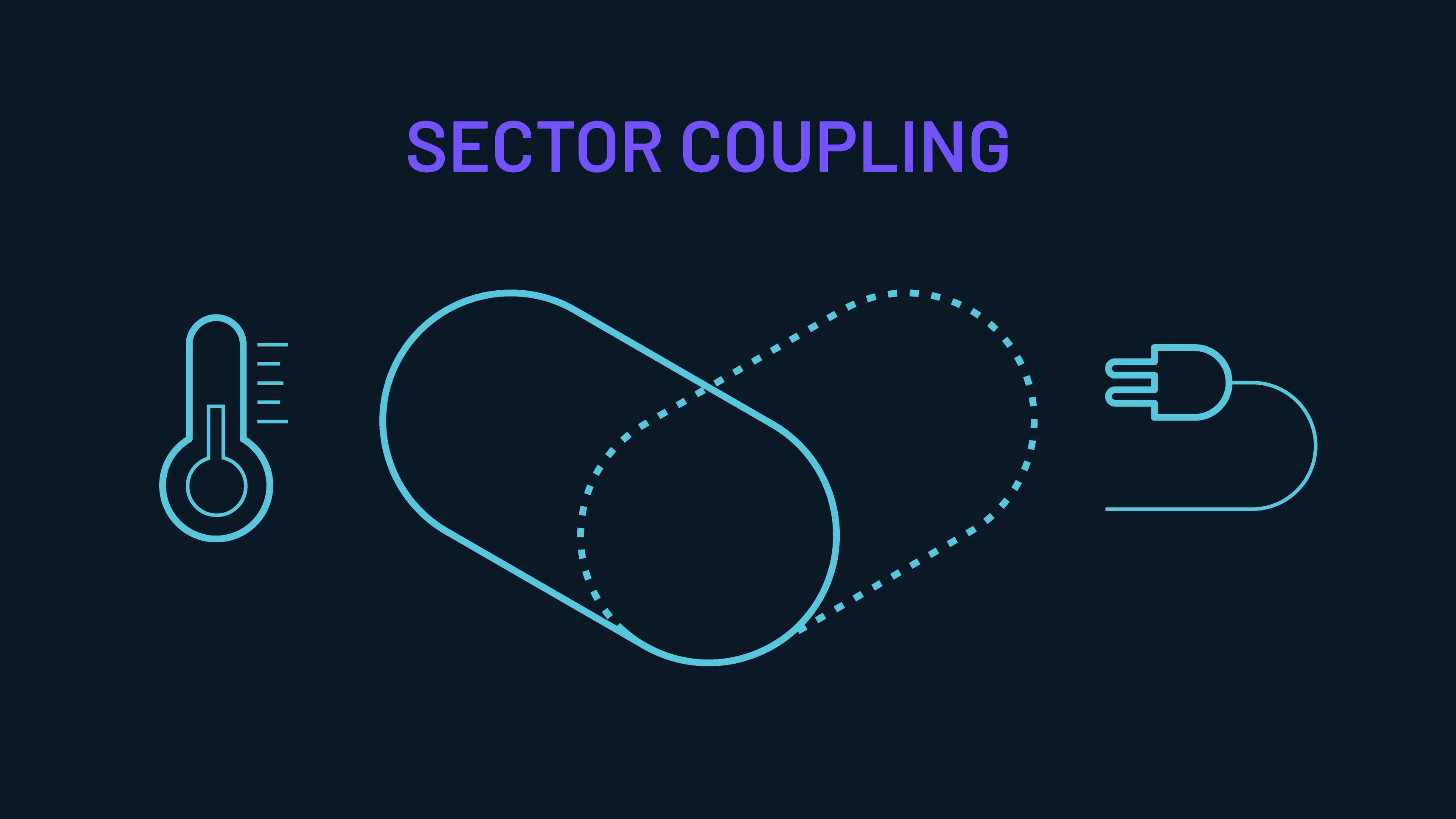Sector coupling theme is a cross-disciplinary research theme focusing on how digitalisation can facilitate sector coupling between the construction and energy (electrical and thermal) sectors to enhance building sustainability and energy efficiency.
This theme’s mission is to drive the digital transformation of the construction and energysectors through innovative sector coupling, enhancing the sustainability and efficiency of buildings. It seeks to optimise building operations and energy use by leveraging digital technologies to integrate and co-optimise these sectors. It aims to make full utilization of building flexibility and renewable energy, with energy storages in the buildings as well as the buildings themselves, to cooperate and co-optimise the energy (both electrical and thermal) systems that cater to the buildings with electricity market participation.
The business models that will be generated therein will be the key attraction points for the power and heating utility sectors to join Dig-IT Lab. With respect to flexibility and behavior, individual prosumers and energy communities will implement advanced energy management strategies that exploit the existing flexibility on the prosumer side, and the behavior of consumers need to be changed such that energy consumption meets better the energy production. Impact of uncertainties due to renewable energy sources and unpredicted consumption will be mitigated by shifting loads and steering consumers’ behavior.
The sector coupling theme at Dig-IT Lab strategically integrates the construction and energy sectors through advanced digitalisation, substantially boosting building sustainability and energy efficiency. It drives significant reductions in carbon emissions by optimising renewable energy use, enabling higher energy efficiencies and better energy recovery also through energy storage, and enhancing building energy management.
Economically, it enables buildings to participate in electricity markets, yielding cost savings and generating new revenue streams. Technologically, the deployment of digital twins and data analytics sets new industry standards, fostering innovation across sectors. The transformative impact of this theme extends to regulatory influence, advocating for policies that support sustainable technology adoption, thereby reshaping sector integration for a more efficient and environmentally friendly future.
Deliverables
- Integrated Energy Management Systems: Systems that enable buildings to manage and optimise their energy consumption and production effectively, integrating with both the electrical grid and heating network.
- Research Articles and Case Studies: Publication of findings, methodologies, and results from Dig-IT Lab projects to contribute to the body of knowledge and encourage adoption across the industry.
- Software Tools and Platforms: Development of software tools that assist in energy management, system optimisation, and market participation, designed for scalability and interoperability across different sectors.
- Policy Recommendations: Formulation of policy recommendations and white papers based on research outcomes to guide and support the implementation of sector coupling and flexibility strategies in urban planning and construction regulations.
- Societal outreach: Bridging the gap between scientific outcomes and technological advancements by dissemination of the knowledge generated within the thematic activities to all relevant stakeholders in the society
- Novel business model insights: Identifying potential business models combining buildings and energy sectors along sector coupling and flexibility



